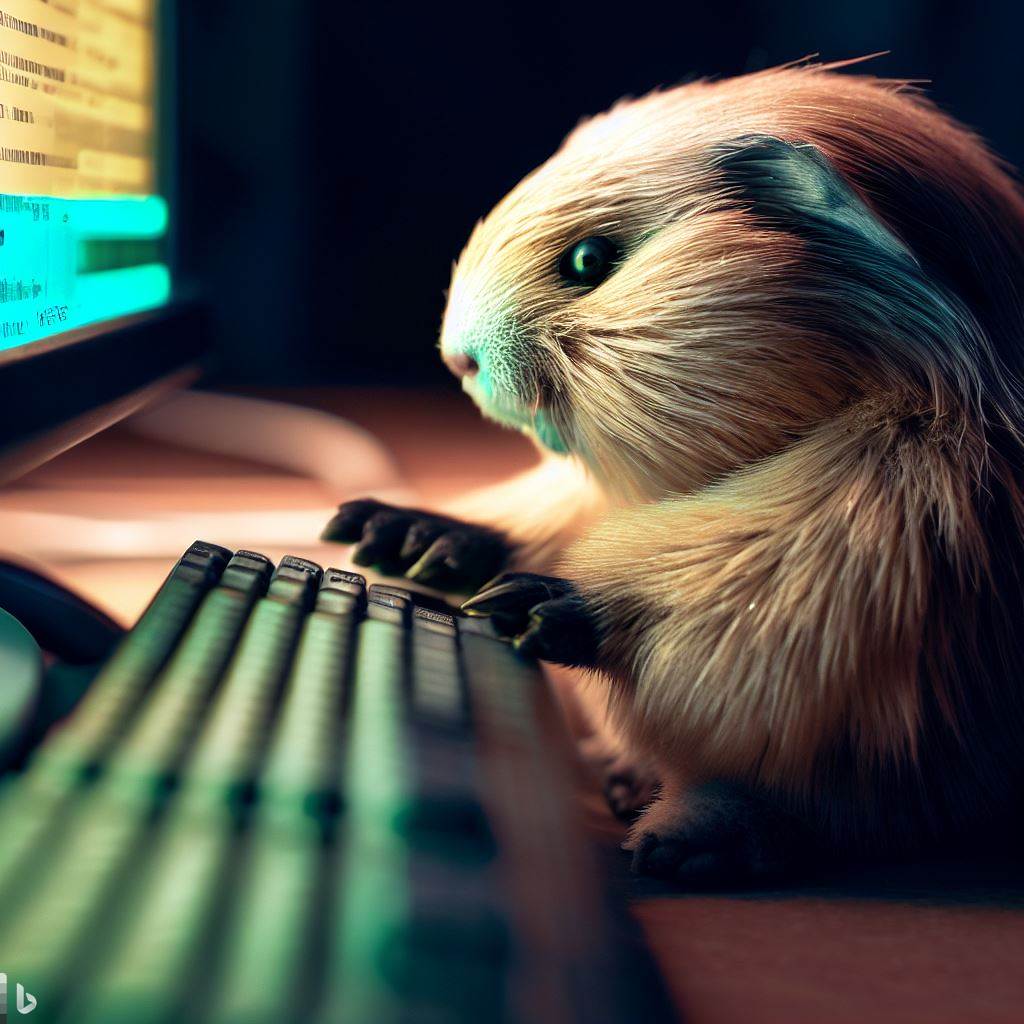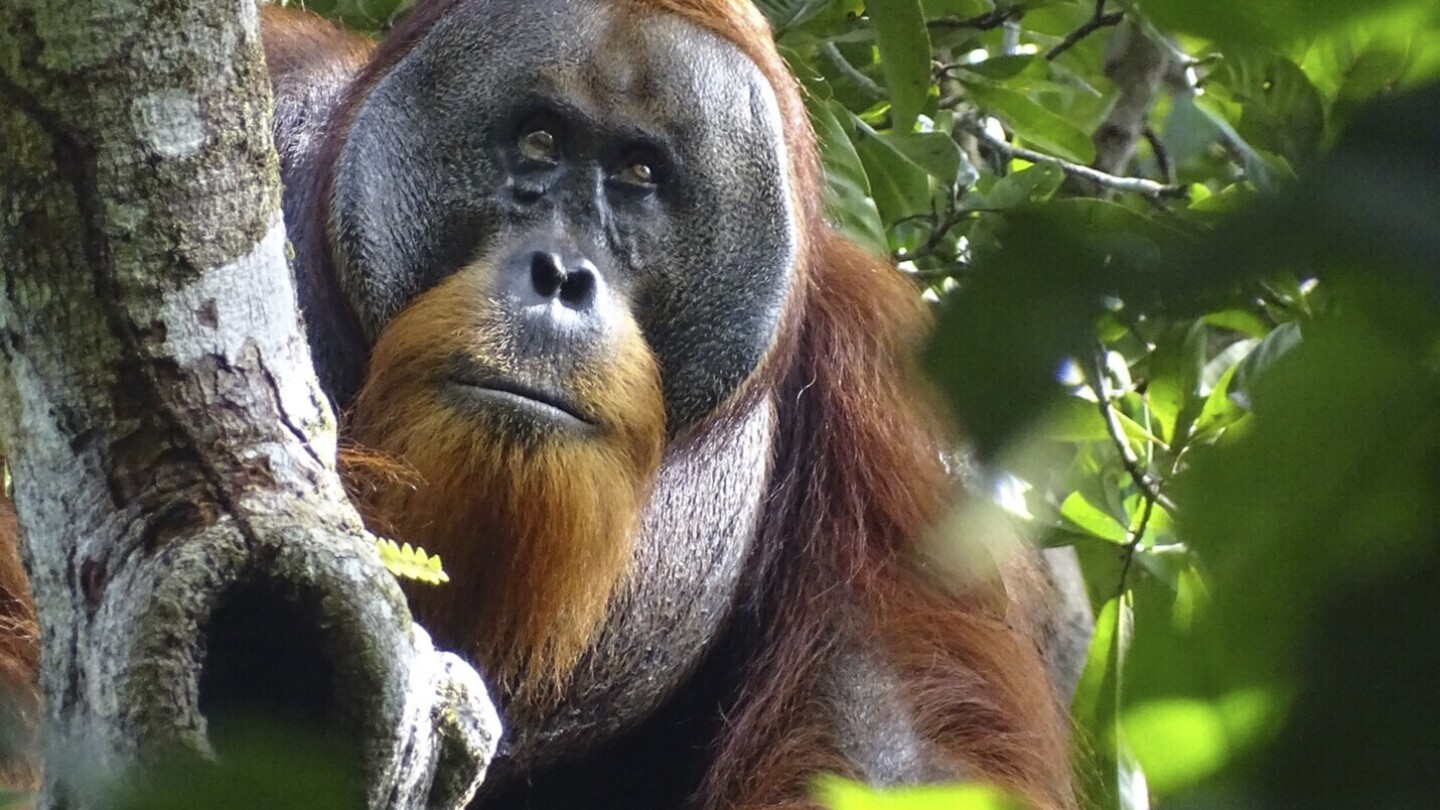Not a scientific observation, but the zoo I used to work at often planted medicinal plants in primate enclosures because they use them. I think this has been common in zoos for a long while.
Goats know. Sheep know. Equines know. If I make sure the farm animals have access to different flora around the pastures they won’t get ill. It’s nice following the animals around and finding out what they eat, and other ways they use plants. The more time I spend with animals the more I think it’s us humans being the dumb ones.
On that note, watching what great apes do in their natural habitat might teach us a few things about plants.
In the case of wild primates I would believe they know as we would use the word. For Goats, Sheep, Or Equines, I have to imagine its closer to how we get cravings for foods sometimes, because we have some sort of nutrient deficiency that food would correct.
That would lead into philosophical discussions as to what knowledge means. I do see that we have the tendency of assuming others have less agency or are less aware of their actions than us. We do that as individuals and as a species, so I tend to be careful. I also wish I had useful food cravings, mine don’t tend to be too healthy.
Humans don’t intrinsically know what to eat to for nutrient deficiencies, that’s a learned behavior based on finding out what the symptoms of a given deficiency are, and learning which foods have the necessary nutrients.
Then you must never have had cravings, it’s very instinctive and at most relies on you having eaten something once before.
Some days i just wake up and the only thing i want to eat is carrots, or whatever. It’s not at all like getting scurvy and deciding to eat vitamin C.
That only informs about your bias, which comes from the sum of knowledge and experience you do have. Historically we know there have been planty of cases of people getting scurvy simply because they did not know better to eat the right foods, and did not appear to crave them either.
Cravings appear to have more to do with pleasure, and alleviating stress.
https://www.healthline.com/nutrition/nutrient-deficiencies-cravings
The difference might be in primates in captivity learning from humans using tools around them all day every day. Primate see primate do trial and error.
One seen doing it spontaneously in nature might be more significant.
Nah, I’ve never been in the monkey house chewing ginger roots, they know this stuff, or work it out, not sure which really.
The difference might be in primates in captivity learning from humans using tools around them all day every day. Primate see primate do trial and error.
I don’t get it. I highly doubt zookeepers tend to pick medicinal plants from the habitats in lieu of popping a painkiller. Otherwise how would using a shovel teach a monkey to use plants to treat a scratch for example?
Who is using medicinal plants from the ape enclosure in a zoo setting?
I don’t mean it that literally. I mean just observing swaths of people putting straws into drinks, putting ointments on scrapes, etc might make them extrapolate and try similar actions using what’s available to them.
It’s not much of a reach for a primate seeing a human manipulate and dig with a shovel, and use that as inspiration to manipulate a bamboo shoot to scratch their own back.
We homosapiens spent 180,000 ish years wandering around in the dirt like idiots before it occurred to some of us that we could grow food in one place, thus beginning the path to civilization. Even we need examples to extrapolate from.
Monke see; monke do.
he cares for his health more than I do for mine.
Given enough time, other species may evolve and perhaps teach us a thing or two about being better civilized beings.
My money is on the octopi people.
They don’t live long enough, sadly. If they did, they could easily be the dominant species. Many octopus species have been shown to have the intelligence of a 7 year old. Besides the fact that it’s a form of intelligence that evolved completely separate from ours (our last common ancestors didn’t have a brain), octopi only live about 3-4 years. Think about that for a moment.
Many octopus species have been shown to have the intelligence of a 7 year old
So about as smart of some former presidents. Awesome!
Besides the fact that it’s a form of intelligence that evolved completely separate from ours
Precisely what I was thinking about when I said that in jest. But seriously, they are incredible creatures!
Resident Alien supports your theory.
We started episode one, got interrupted, and never finished! Ack! Thanks for the reminder!
The kids can’t act for shit
Kids always ruining everything. 😏
if only there were humans who wrote books about how to structure society such that things don’t suck
Say maybe some german dude with a big beard
Monke smart
It’s actually curious how does one arrive at the idea of using plants like that in the first place, when they are an early human or an orangutan. Probably at first, they just applied random plant matter to cover up the wound, or chewed plant matter to cool it down (it will keep moisture for longer than water). And then noticed that some plants are actually more effective at that.
I assume you meant to write whether instead of when.
So this is pure speculation, I would guess this kind of behavior will date back to the last common ancestor. Great apes and humans split somewhere between 5 and 23 million years ago. We haven’t actually found any fossils of this animal, hence the big time range. Anyway at the time of the split, neither humans or great apes existed. We have evolved alongside each other to what we are today. This makes me feel that use of medicinal plants is a learned behavior dating back millions of years.
As to the exact mechanism to learn this I would speculate that it comes for eating plants. It is very likely that the LCA was an omnivore. Say animal eats plant, weirdly animal feals better. After enough time of doing this animal connects the dots and knows a specific plant feels better. After enough generations and resulting increases in intelligence, it is not a big leap to seeing if rubbing a plant on your body makes you feel better.
This could of course come after the LCA. Convergent evolution exists so it seems safe to say convergent learning does too. Until there is evidence to the contrary. Learned behavior from the LCA seems more likely to me.
I’m not so convinced it’s from a common ancestor, tool use has been observed in a wide variety of animals ranging from birds to octopus, and that common ancestor is unlikely to have used tools. This seems more akin to that.










